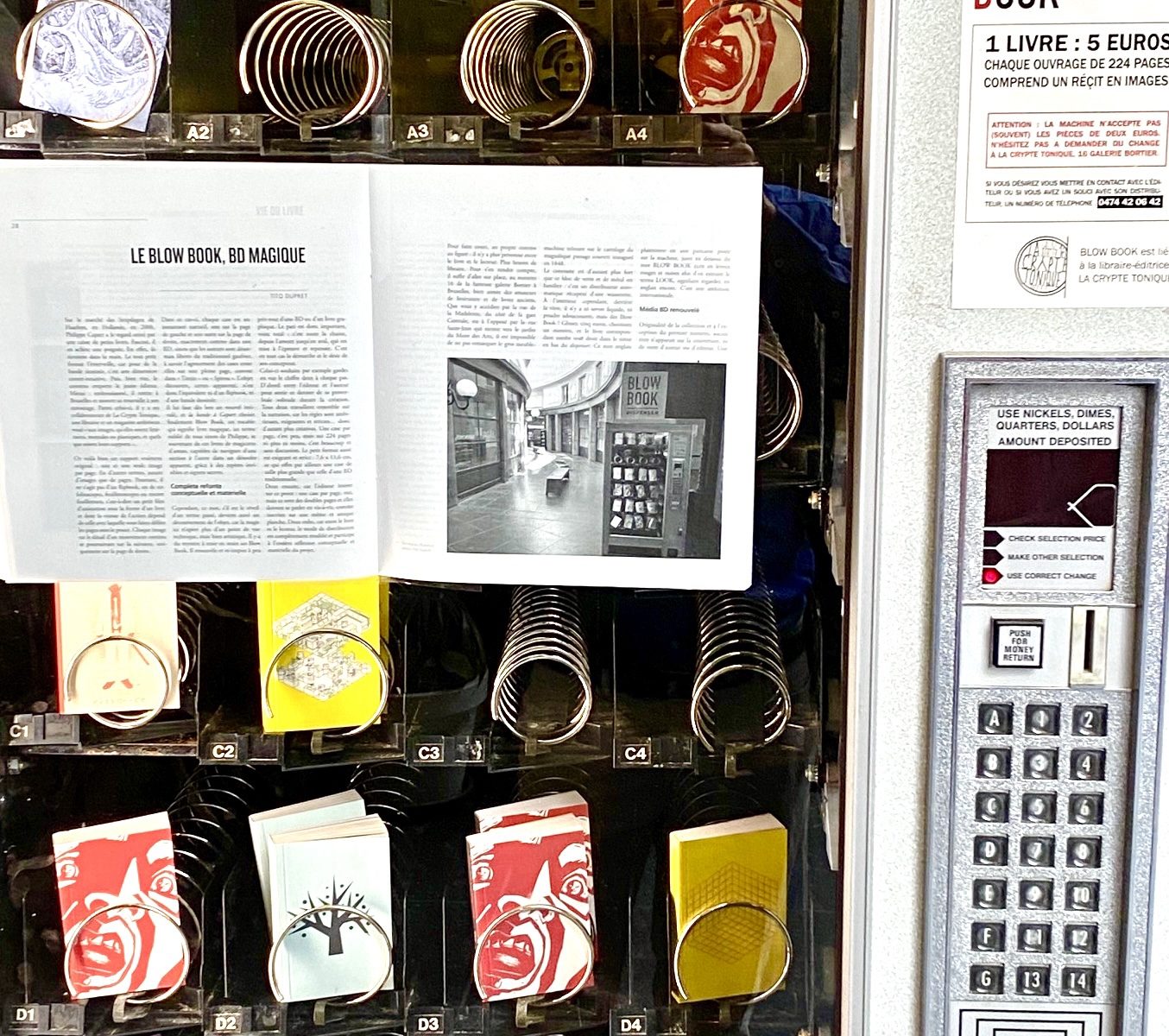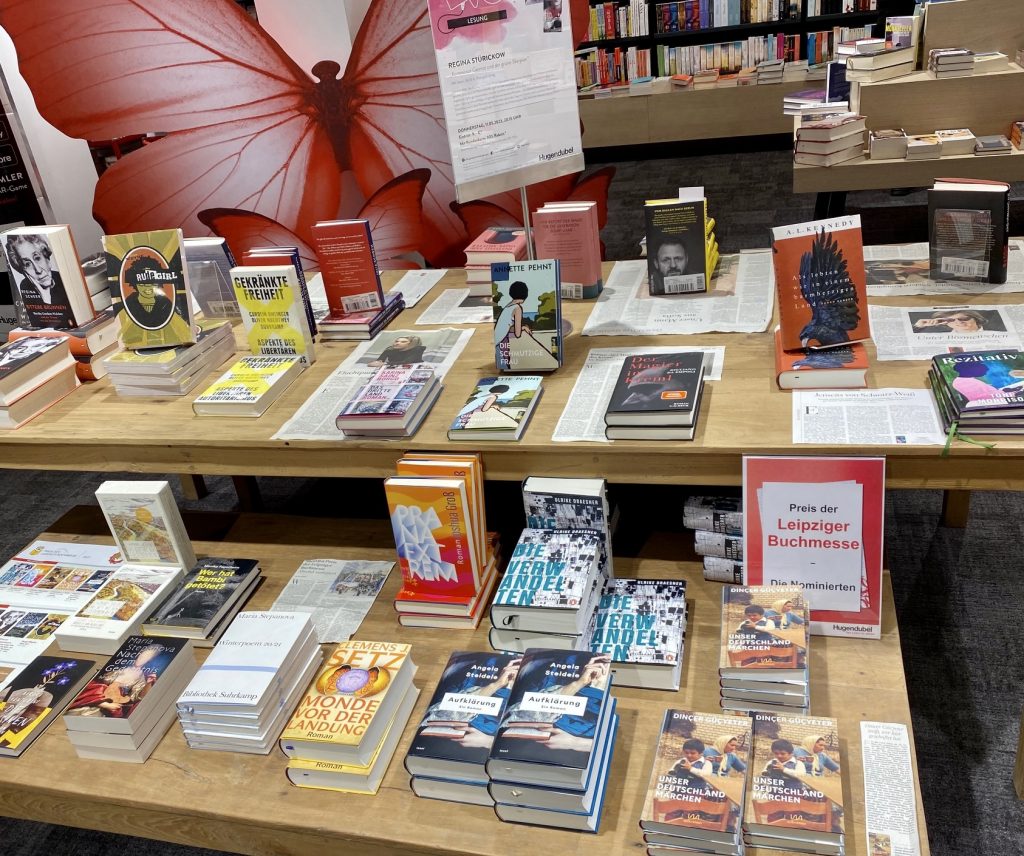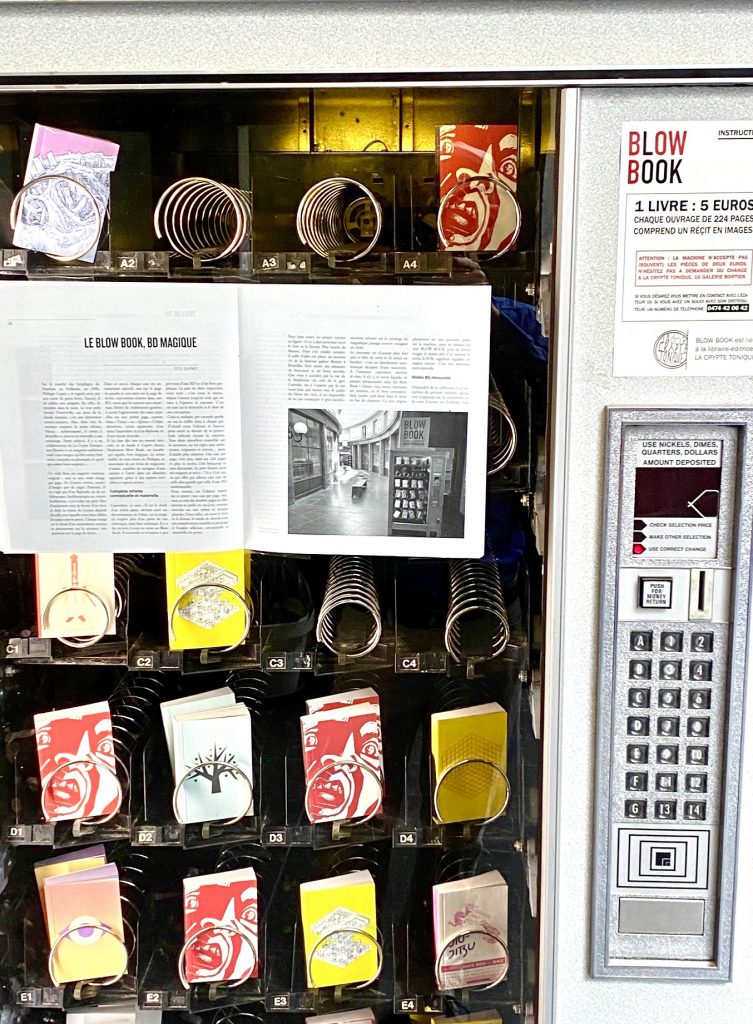Some texts are written in view of a performance, a theatre performance or an opera in mind. We have had dance performances and choreographers emancipate themselves from the music to claim dance is an art in its own right. Books are books in their own right. However, the hybrid forms of performance of a book was on display in the 2024 edition of the Wiels Art Book Fair in Brussels. It is common practice to invite speakers and authors for a book launch event. It is more rare to invite a choreographer and dancer to perform a book. This is exactly the what the publishers of A.R.D.V.L. did. Garance Debert put the editorial work and conceptual work on a book into a moving performance. There is much more to a book than just the letters and paper. The „mise en page“ turns into a „mise en scèene“ by an artist. The Wiels Art Book Fair has raised our attention to the larger creative potential of books, certainly art books, but also beyond books on art. Performative readings and book performances will enrich our repertoire of interacting with printed materials. Just before we might believe this is the next big hype, remember the bible is probably the book with the most theatrical performances linked to it.







